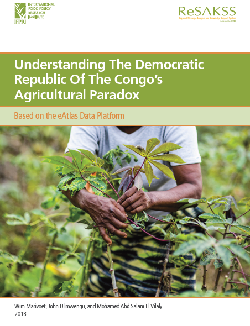Related Resources
BLOG
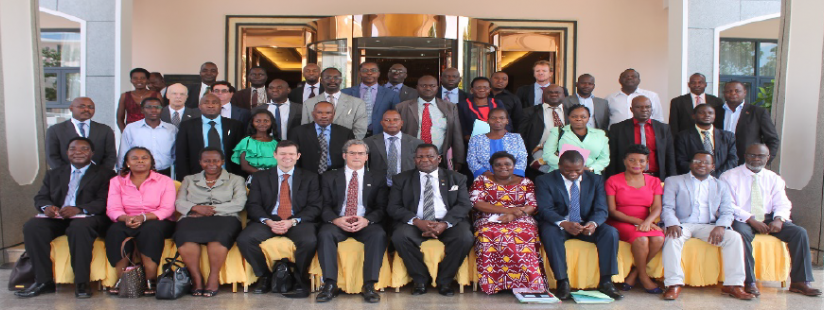
Malawi’s Agriculture Joint Sector Review: Fostering Mutual...
Tue, 06/26/2018Malawi’s Agriculture Joint Sector Review: Fostering Mutual...
BLOG
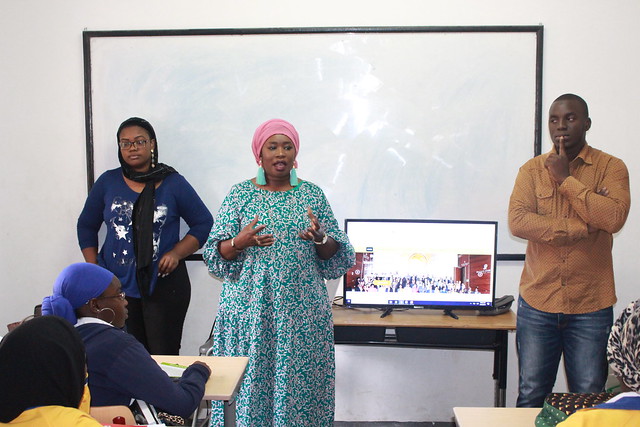
Senegalese High School and College Youth Embrace the ReSAKSS Data...
Wed, 06/26/2019Senegalese High School and College Youth Embrace the ReSAKSS Data...
BLOG
2017 ReSAKSS Annual Conference promotes review and dialogue on the CAADP...
Fri, 02/02/20182017 ReSAKSS Annual Conference promotes review and dialogue on the CAADP...
PUBLICATION
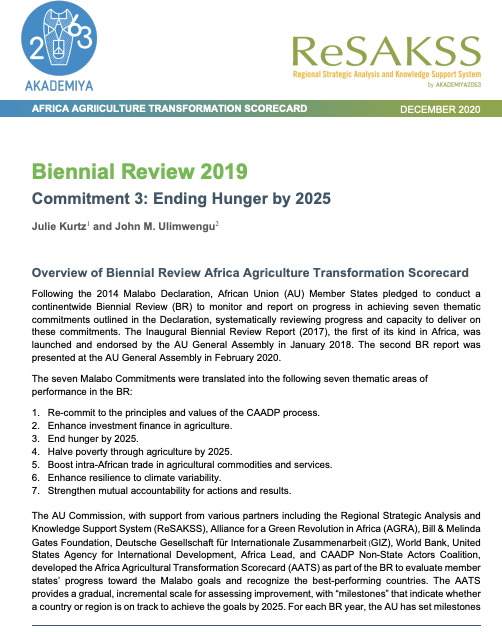
Biennial Review 2019 Commitment 3: Ending Hunger by 2025
Biennial Review 2019 Commitment 3: Ending Hunger by 2025
BLOG
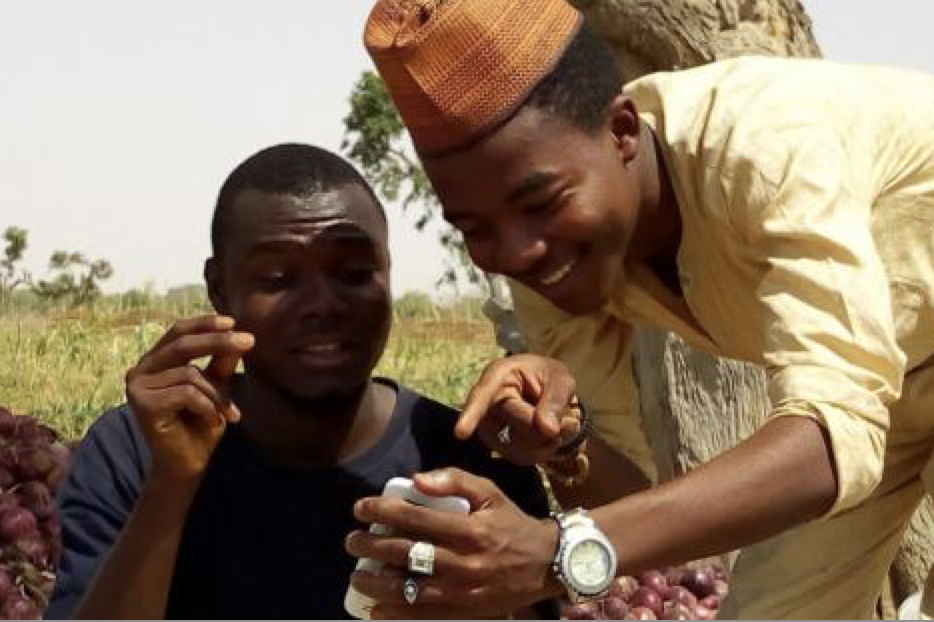
Africa’s Journey to Self-Reliance Through Improved Food Security Policy
Tue, 06/19/2018Africa’s Journey to Self-Reliance Through Improved Food Security Policy
